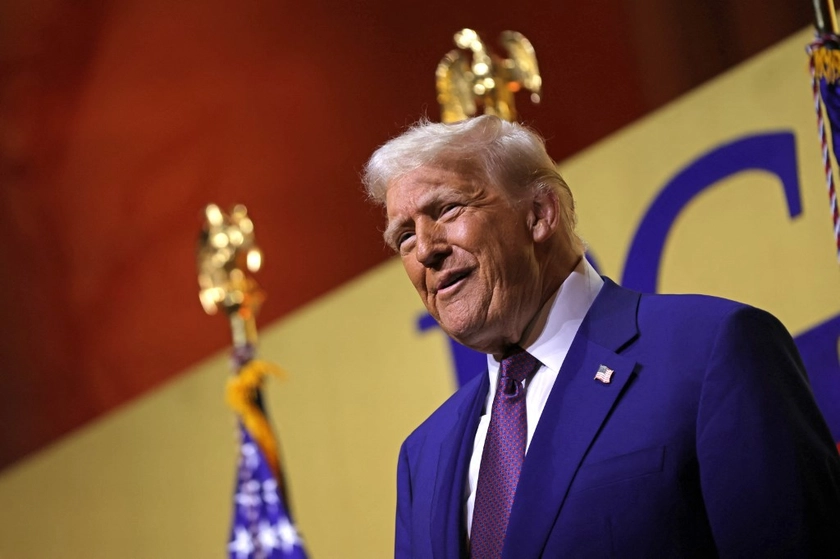The landscape of international diplomacy has seen significant shifts since Donald Trump’s inauguration, particularly with the cautious embarrassment of European leaders and their discussions on security and peacekeeping measures for Ukraine.
French President Emmanuel Macron’s proposal to deploy peacekeepers in Ukraine has sparked a wide array of responses, revealing deep divisions among European nations.
JOIN US ON TELEGRAM
Follow our coverage of the war on the @Kyivpost_official.
Earlier, any peacekeeping missions to Ukraine were declined by the vast majority of the EU leaders and Macron himself was sidelined. Instead, 28 security agreements had been signed between Ukraine, the European Union, and the United States during the ongoing large-scale invasion. I recall European leaders initially hesitating to view these agreements as true guarantees, dismissing such rhetoric as problematic.
Today, however, some European leaders are advocating for security guarantees. Does this suggest that the newly signed agreements are ineffective, or does it highlight a significant rift within Europe? This division is unlikely to produce a solution.
The urgency of the situation, coupled with the US’s new diplomatic approach under its current administration, has prompted a reevaluation of Europe’s role. Macron’s suggestion to send peacekeepers to Ukraine as part of a ceasefire agreement has become a focal point of these discussions. The French leader envisions a “reassurance force” that would help stabilize Ukraine post-conflict, offering tangible security guarantees beyond the paper agreements.

Kremlin to Announce ‘Russian Victory Over NATO’ on Feb. 24
For too long, Europe has acted as though it bore no responsibility for pursuing peace, instead deferring to the US and awaiting a decisive intervention.
Macron’s proposal has not been universally welcomed. During an emergency summit in Paris, a clear division emerged. UK Prime Minister Keir Starmer expressed readiness to commit British forces on the ground, contingent on a lasting peace agreement and US support.
Conversely, German Chancellor Olaf Scholz deemed the discussion “premature” and “inappropriate” while the war continues, reflecting Germany’s cautious approach towards direct military engagement.
Polish Prime Minister Donald Tusk outright rejected the deployment of Polish troops but emphasized continued support through logistics and political backing. Similarly, Spain’s Foreign Minister Jose Manuel Albares highlighted the dangers of a peace deal without a ceasefire, noting that peacekeeping forces are not currently under consideration due to the ongoing war.
The discord among European leaders underscores a broader narrative of Europe grappling with its strategic autonomy and defense capabilities. The discussions in Paris also touched on the need for increased defense spending and a more coherent European strategy for collective security, especially in light of perceived shifts in US policy under President Trump, who has indicated a preference for direct talks with Russia, sidelining European input.
For too long, Europe has acted as though it bore no responsibility for pursuing peace, instead deferring to the US and awaiting a decisive intervention. While Europe garnered social media applause, Ukraine was suffering daily losses and dwindling hope.
Now, that “someone” has arrived, but he questions Europe’s relevance in the equation.
How has Europe responded? With a sense of disconnection and uncertainty about how to proceed, they ask: “What about security guarantees?”
This reflects a critical moment for Europe, caught between the need to assert its role in global security and the practicalities of military and political commitments. The debate over peacekeepers in Ukraine isn’t just about military deployment but also about Europe’s identity and role in international affairs, especially in a post-Cold War world where traditional alliances are being renegotiated.
The continent seems disconnected and uncertain, struggling to move from a spectator to an active participant in resolving wars at its doorstep. Europe’s response to these new dynamics will likely shape not just the future of Ukraine but also the strategic posture of the EU in global affairs.
The views expressed in this opinion article are the author’s and not necessarily those of Kyiv Post.
You can also highlight the text and press Ctrl + Enter











